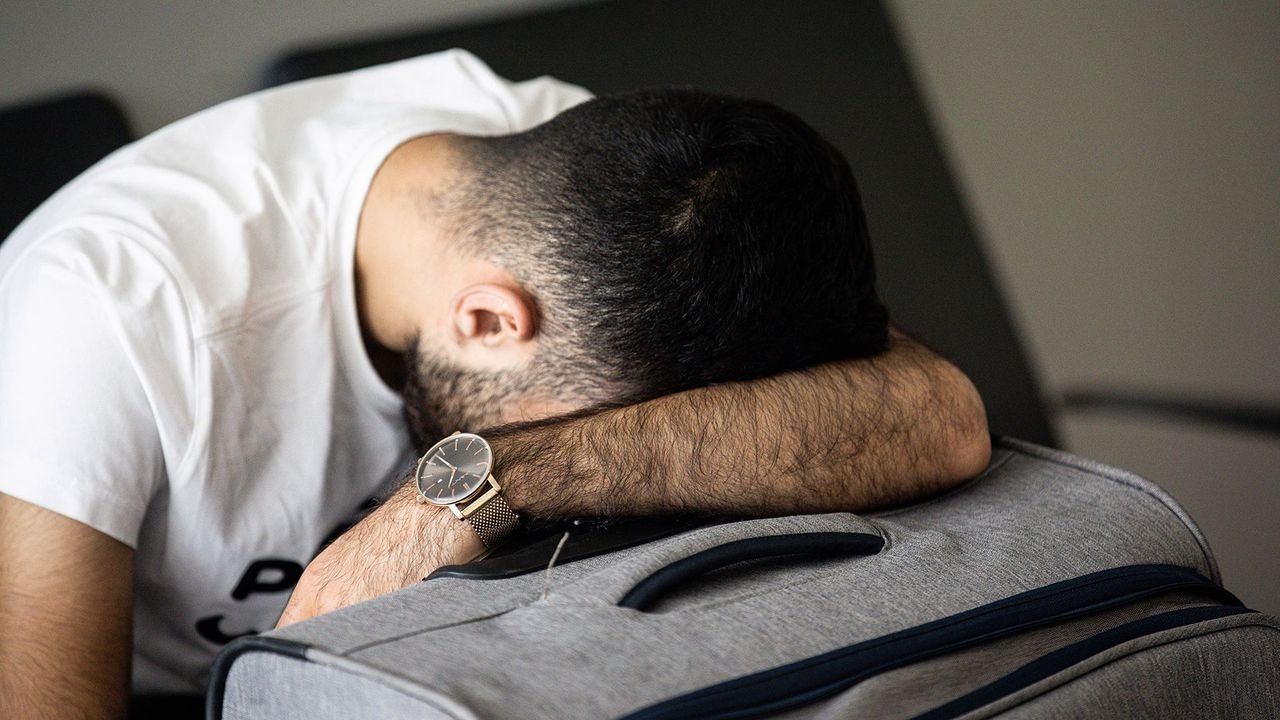
Daytime Sleepiness: Do you often feel sleepy during the day, even if you get enough sleep at night? If yes, then you are not alone. Many people face this problem. Despite sleeping at night, many people feel sleepy during the day as well, due to which their work starts getting affected. There can be many reasons for frequent sleepiness (Excessive Sleep Causes), some of which are physical, while some are mental. Let us know about these reasons (causes of feeling sleepy in day) in detail.
Physical causes
Sleep disorders
- Sleep Apnea- This is a condition in which a person stops breathing repeatedly while sleeping . This leads to poor sleep and fatigue during the day.
- Narcolepsy- This is a rare neurological disorder in which a person suddenly falls asleep, no matter what he is doing.
- Restless Leg Syndrome- In this condition there is unbearable itching in the legs, which interrupts sleep.
- Hypersomnia- In this condition, a person starts sleeping more than necessary.
health problems
- Thyroid problems —Hypothyroidism (underactive thyroid) can cause fatigue and sleepiness.
- Anemia- Lack of iron in the body causes fatigue and weakness.
- Heart diseases- Some heart diseases can also cause daytime sleepiness.
- Diabetes - Uncontrolled diabetes can cause fatigue and sleepiness.
- Side effects of medications. Some medications, such as antihistamines and blood pressure-lowering drugs, can cause sleepiness.
- Nutritional deficiency- Deficiency of vitamin D, iron, and B complex can cause fatigue and sleepiness.
- Physical fatigue- Overwork, lack of exercise, or recovery from an illness can also cause daytime sleepiness.
Mental Causes
- Stress and depression- Stress and depression lead to poor sleep quality and fatigue during the day.
- Insomnia- If you are not able to sleep well at night, it is natural to feel sleepy during the day.
- Boredom: If you are doing something that you don’t like or are not interested in, you may start yawning and feel like sleeping.
Ways to avoid frequent sleepiness
- Healthy lifestyle – Exercise regularly, eat healthy foods and get enough sleep.
- Stress Management – Practice yoga, meditation or other stress reduction techniques.
- Consult a Doctor- If you feel you have any health problem, consult a doctor.
- Improve sleep habits – Go to bed and wake up at a regular time, avoid caffeine and alcohol before bed, and keep your bedroom quiet and dark.
--Advertisement--

 Share
Share



